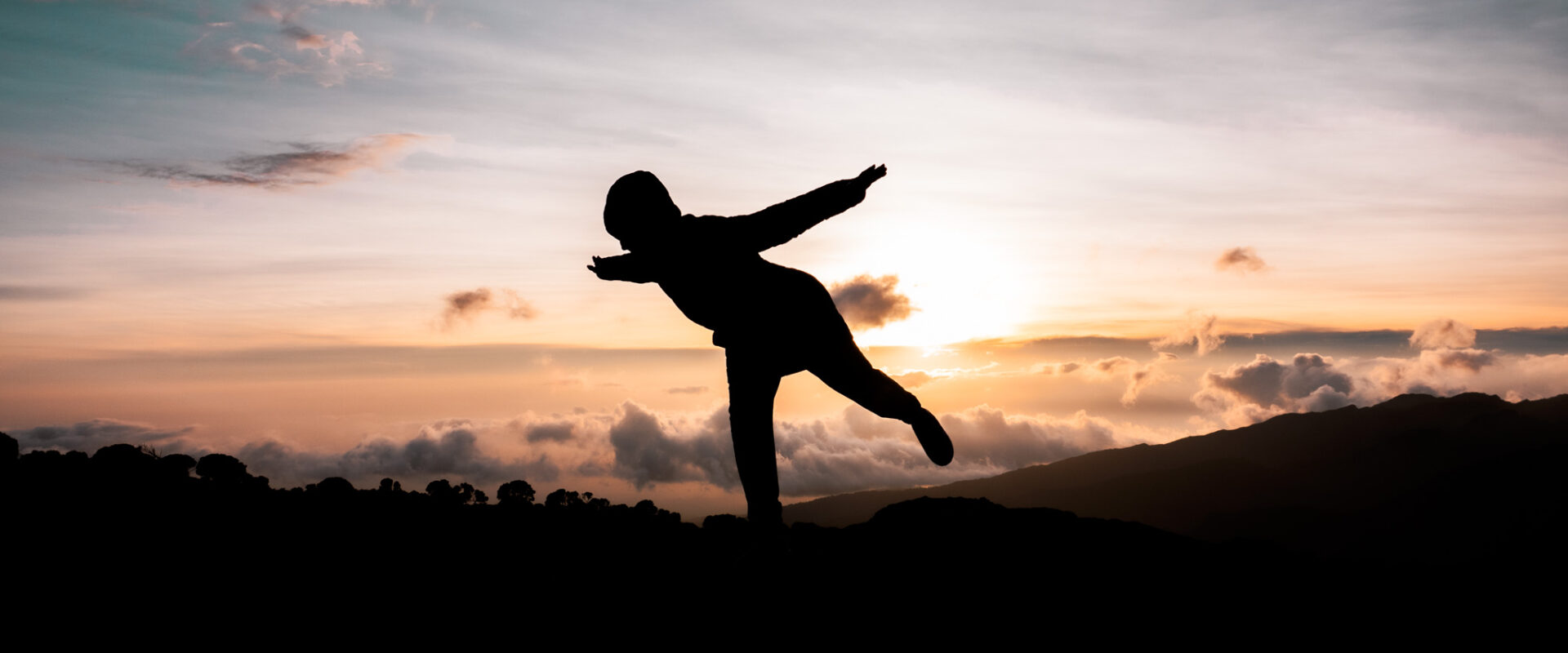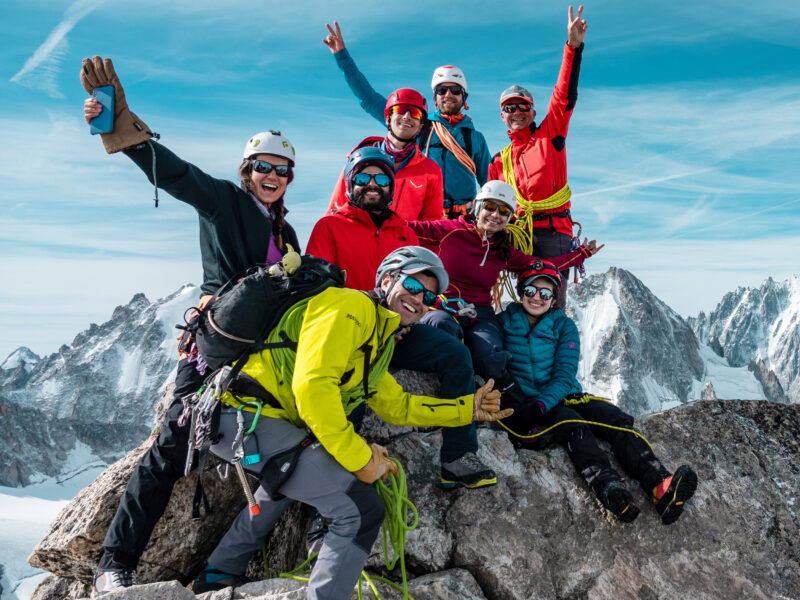BY Rami Rasamny | January 18 2024
Is Kilimanjaro Hard to Climb? Understanding the Challenge

Embarking on the journey to climb Kilimanjaro is a life-changing experience, one that pushes individuals to their limits and reveals an undiscovered resilience within. To answer the question on everyone’s mind – yes, Kilimanjaro is challenging, but the difficulty is not insurmountable.
The challenge lies in the profound impact Kilimanjaro has on participants, pushing them physically, mentally, and even emotionally. It serves as a mirror reflecting an unexplored side of oneself, a testament to the transformative power of such experiences.
Contrary to common misconceptions, Kilimanjaro does not require technical climbing skills. It’s essentially a long walk, a marathon of sorts, demanding a sustained commitment that can be draining over time. Before delving into physical preparation, it’s crucial to establish a personal “why” – a compelling reason to undertake this extraordinary adventure.
Preparing for Kilimanjaro: A Holistic Approach
To conquer the challenge of Kilimanjaro, a holistic preparation approach is key. Here’s a recommended plan to build both physical abilities and the confidence needed to face this adventure head-on:
1. Establish Your “Why”
Clearly define your motivation for undertaking the Kilimanjaro climb. Having a compelling reason will serve as a powerful driving force throughout the journey.
2. Hiking Endurance
Focus on developing hiking endurance, as Kilimanjaro involves steep ascents and long descents with light backpacks not exceeding 5 kilograms.
3. Aerobic Fitness
Incorporate regular running, hiking, stair climbing, or biking into your routine to enhance cardiovascular endurance.
4. Strength Training
Build overall strength with exercises like squats, lunges, deadlifts, and core workouts. Strengthening your legs is particularly important for tackling the varied terrain.
5. Flexibility and Mobility:
Prevent injuries and enhance agility by incorporating stretching and yoga exercises into your routine.
6. Interval Training:
Boost endurance and agility through high-intensity interval training (HIIT). This dynamic approach prepares the body for the diverse challenges of Kilimanjaro.
7. Dedicated Training Days:
Allocate at least 2 to 3 days per week specifically for Kilimanjaro-focused training. Consistency is key to building the required stamina and strength.
In summary, while Kilimanjaro presents a formidable challenge, the right mindset and preparation can turn it into an achievable and transformative adventure. By understanding the nature of the journey and following a well-rounded training plan, participants can not only conquer Kilimanjaro but also gain a deeper understanding of their own capabilities.
About The Author
Rami Rasamny is the founder of Life Happens Outdoors, a premium adventure travel community dedicated to transforming lives through curated outdoor experiences. A mountaineer and entrepreneur, Rami has led teams on some of the world’s most challenging peaks, from the Alps to the Himalayas. His mission is to make adventure accessible, transformative, and safe for all who seek to push their limits and Come Back Different.
About Life Happens Outdoors
At Life Happens Outdoors, we believe in the power of nature to transform lives. As proud members of the Adventure Travel Trade Association (ATTA) and the World Travel & Tourism Council (WTTC), our team of certified guides and outdoor professionals is committed to the highest standards of safety, sustainability, and excellence.
Discover more about our story and mission on our Meet LHO page, or explore our curated adventures such as the Tour du Mont Blanc Trek, the Climb of Kilimanjaro, and Chasing the Northern Lights.















